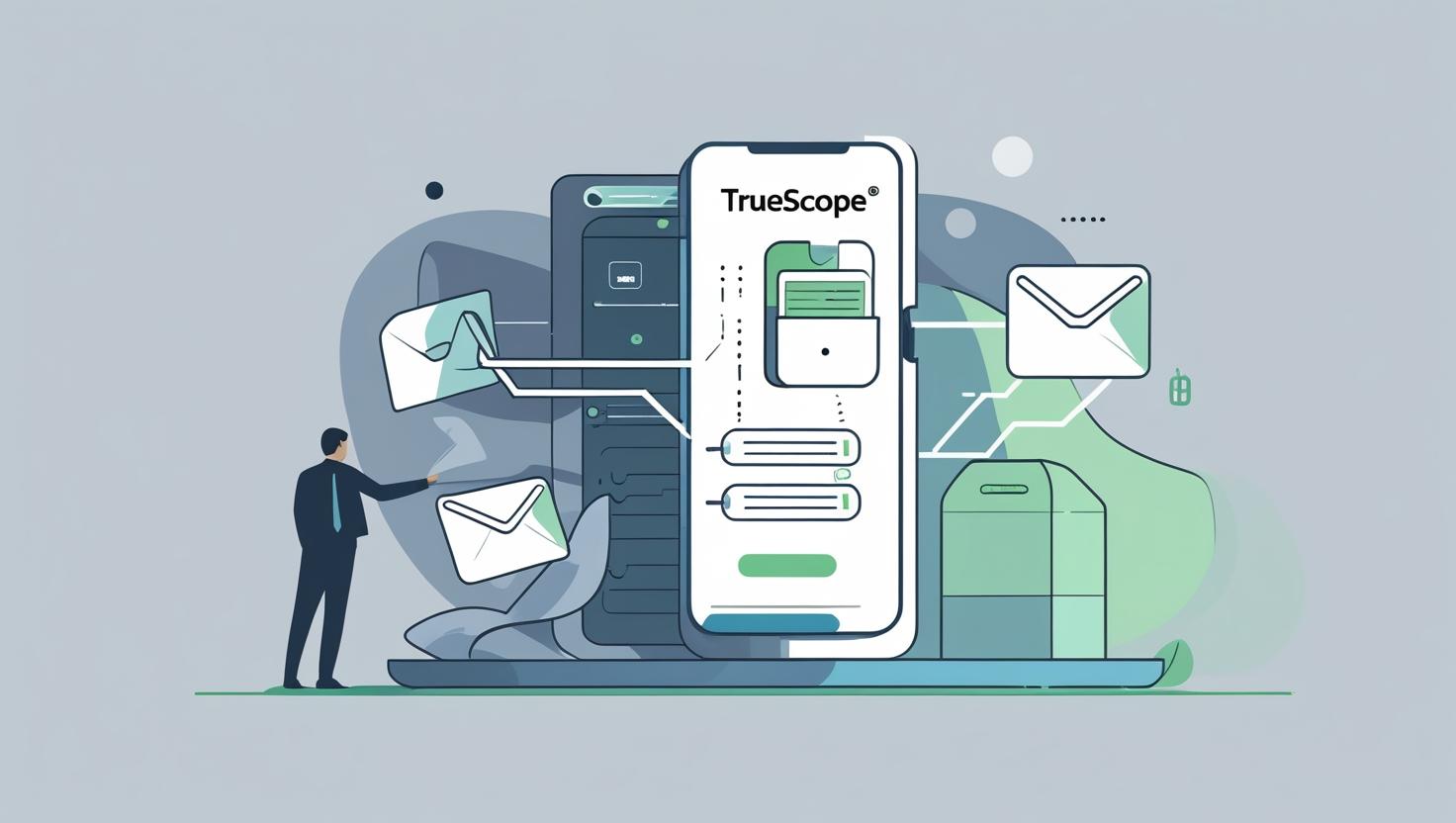How to recover scammed cryptocurrency is a critical concern as crypto scams cost Americans $5.6 billion in 2023 and $9.3 billion in 2024, a 66% increase, per the FBI’s Internet Crime Complaint Center (IC3). Blockchain’s irreversible nature makes recovery challenging, but immediate action can improve your chances. If you’re asking, “Did you get scammed out of crypto assets: seek help,” this guide outlines 10 expert steps to recover crypto from a scam, addresses the risks of hiring hackers, and explores legitimate crypto scam investigators.
Understanding Crypto Scams
Cryptocurrency scams exploit blockchain’s anonymity. Common types include:
- Phishing: Fake emails or websites mimicking platforms like Coinbase to steal credentials.
- Pig Butchering: Scammers build trust via social media or dating apps, then push fake investments.
- Romance Scams: Emotional manipulation to extract funds.
- Rug Pulls: Developers hype a project, collect funds, and vanish.
- Sextortion: Extortion using manipulated explicit media.
- Tech Support Scams: Fraudsters pose as support staff to access accounts.
Blockchain transactions are final, but forensic tools can trace funds, as seen in a Kansas “pig butchering” case where FBI agents recovered $8 million by tracing wallets across chains.
10 Steps to Recover Scammed Cryptocurrency
- Cease Communication
Stop all contact with the scammer to avoid further manipulation. Document interactions as evidence. - Gather Evidence
Collect:- Wallet addresses and transaction IDs.
- Screenshots of communications (emails, texts, social media).
- URLs or phone numbers used by the scammer.
- Dates, times, and amounts transferred.
- Report to Law Enforcement
File a complaint with the FBI’s IC3 (ic3.gov) and local police. Contact your state attorney general, e.g., Massachusetts (mass.gov). - Notify Your Platform
Alert exchanges like Coinbase (help.coinbase.com) or wallet providers. They may flag accounts or assist investigations. - Engage Forensic Investigators
Are there legitimate crypto scam investigators? Yes, firms like TrueScope Consulting use tools like Chainalysis to trace funds. They coordinate with exchanges to freeze assets if funds remain on-platform. - Explore Legal Options
Consult a cybercrime lawyer to pursue civil action. Forensic reports can support injunctions or subpoenas. - Secure Accounts
Change passwords, enable 2FA with apps like Google Authenticator, and use hardware wallets like Ledger. - Monitor Blockchain Transactions
Use explorers like Etherscan to track stolen funds, aiding authorities. - Educate Yourself
Learn scam tactics via the FTC (consumer.ftc.gov). - Join Support Communities
Engage with crypto forums on Reddit or X for advice and emotional support.
Risks of Hiring Hackers
Searching “how to hire a hacker to recover scammed crypto” is risky. Most such services are scams, charging upfront fees without results. Hacking is illegal and ineffective, as blockchain transactions are permanent. The CFTC warns of re-victimization by recovery scams (cftc.gov). TrueScope Consulting, a Certified Fraud Examiner-led firm, offers legal tracing instead.
Case Studies
- Kansas Pig Butchering (2023): FBI traced $8 million across wallets, recovering part of the funds.
- Bitfinex Hack (2016): $72 million stolen; some recovered via law enforcement.
- PlusToken Scam (2019): $2 billion Ponzi scheme with minimal recovery.
Emotional and Financial Impact
In 2024, seniors lost $2.8 billion across 33,000 complaints. Victims face emotional distress and financial ruin. Support groups and counseling can help, while reporting prevents further fraud.
Preventive Measures
- Research platforms using CoinGecko.
- Use hardware wallets.
- Stay informed about scams.
- Set up transaction alerts.
Conclusion
How to recover crypto from a scam involves immediate reporting, evidence collection, and professional help from firms like TrueScope Consulting. While recovery isn’t guaranteed, these steps maximize your chances. Visit our Cryptocurrency Fraud Investigation Services for expert assistance.











